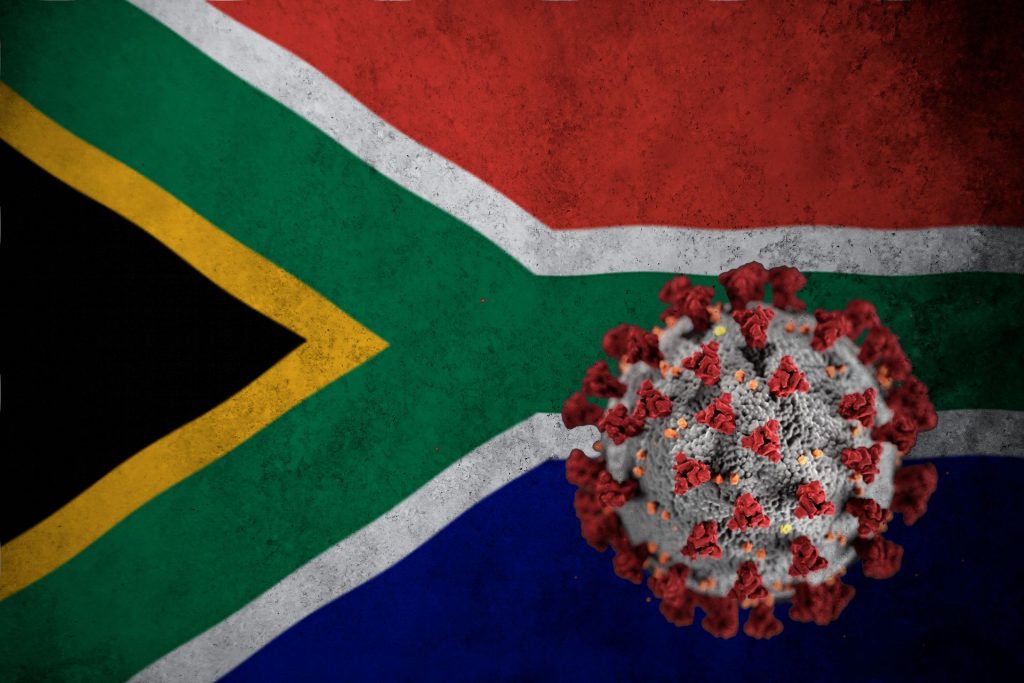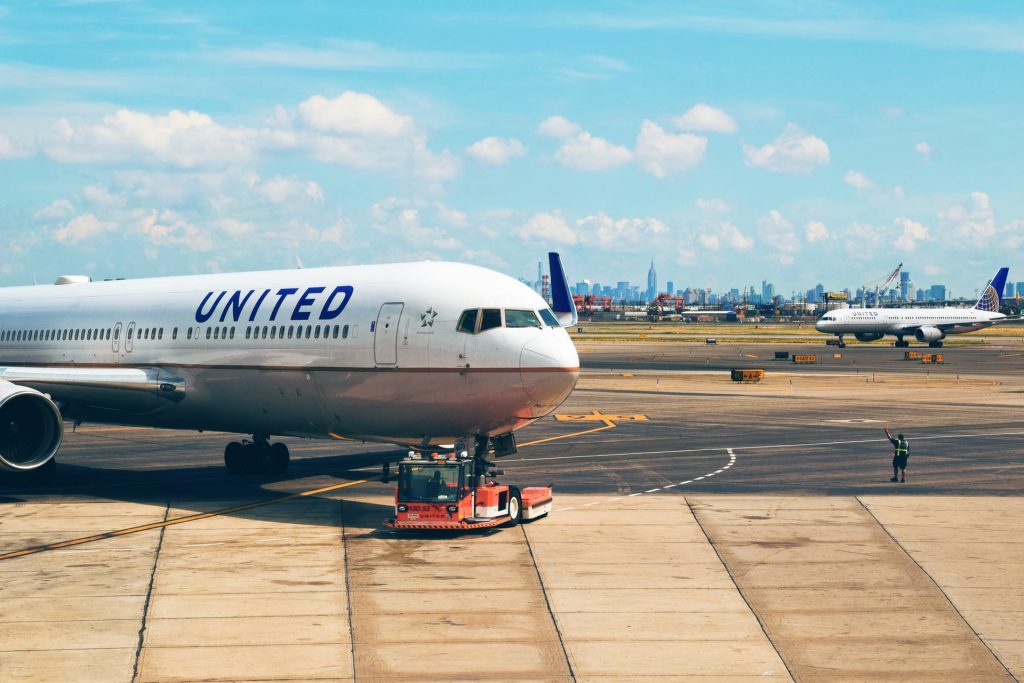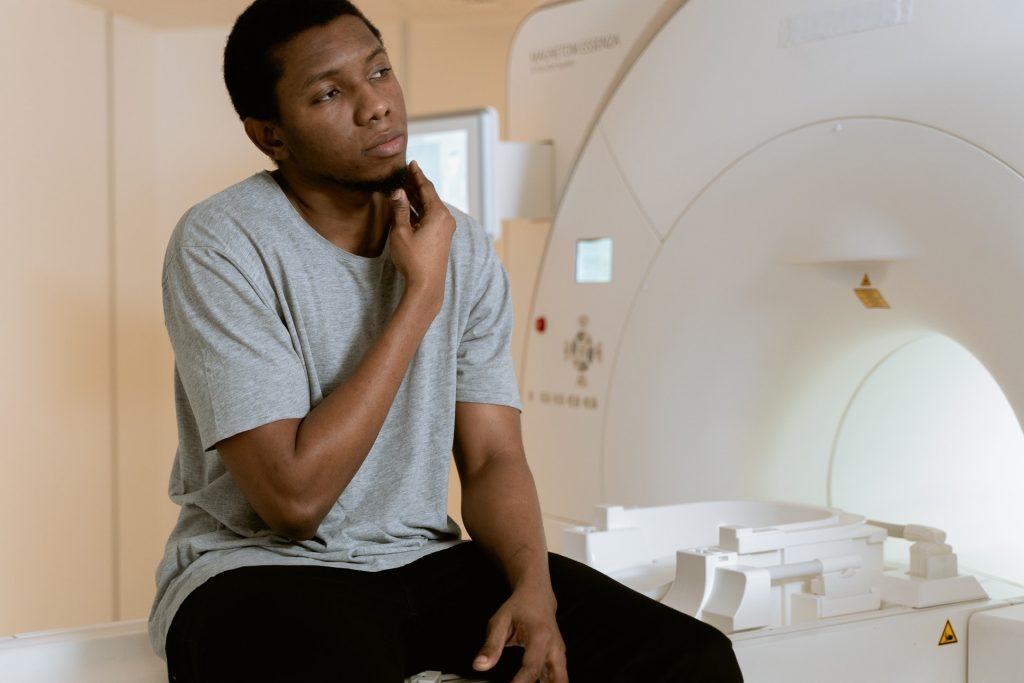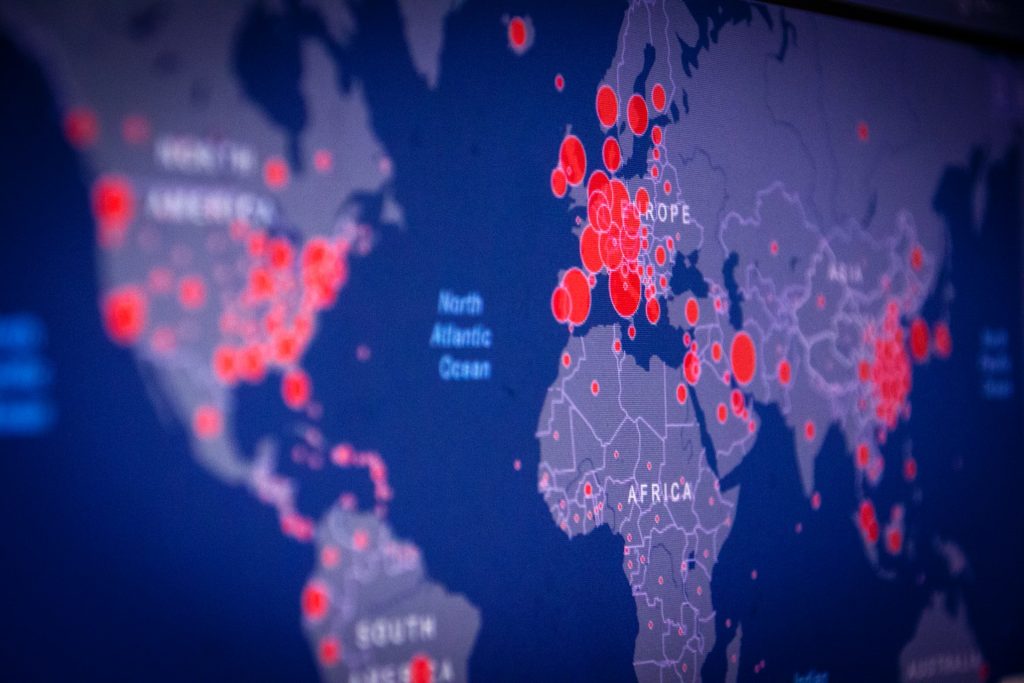COVID Hit South Africa Harder Than Expected Despite Preparedness

New research finds African countries, assessed as being least vulnerable to an epidemic were the worst affected by COVID, particularly South Africa.
A team of researchers from the NIHR Global Health Research Unit Tackling Infections to Benefit Africa (TIBA) worked with the World Health Organization (WHO) African Region to identify factors affecting mortality rates during Africa’s first two COVID waves and the timing of the first reported cases. The study, published in the journal Nature Medicine, found that countries with greater urban populations and strong international travel links were worst affected by the pandemic. Mortality rates and levels of restrictions, such as lockdowns and travel bans, were found to be lowest in countries previously thought to be at greatest risk from COVID.
Professor Mark Woolhouse, TIBA Director, who co-led the study, said, “Our study shows very clearly that multiple factors influence the extent to which African countries are affected by COVID. These findings challenge our understanding of vulnerability to pandemics.
“Our results show that we should not equate high levels of preparedness and resilience with low vulnerability.
“That seemingly well-prepared, resilient countries have fared worst during the pandemic is not only true in Africa; the result is consistent with a global trend that more developed countries have often been particularly hard hit by COVID.”
Among 44 countries of the WHO African Region with available data, South Africa had the highest mortality rate during the first wave between May and August 2020, at 33.3 deaths recorded per 100k population. Cape Verde and Eswatini had the next highest rates at 17.5 and 8.6 deaths per 100k, respectively. At 0.26 deaths recorded per 100,000, the lowest mortality rate was in Uganda.
South Africa also recorded the highest mortality rate during the second wave between December 2020 and February 2021, at 55.4 deaths per 100,000. Eswatini and Botswana recorded rates of 39.8 and 17.7 deaths per 100,000, respectively. The lowest rate was in Mauritius, which recorded no deaths during the second wave.
“The early models which predicted how COVID would lead to a massive number of cases in Africa were largely the work of institutions not from our continent. This collaboration between researchers in Africa and Europe underlines the importance of anchoring analysis on Africa’s epidemics firmly here,” said Dr. Matshidiso Moeti, WHO Regional Director for Africa and co-author. “We can no longer focus our understanding of disease transmission purely on the characteristics of a virus—COVID operates within a social context which has a major impact on its spread.”
Countries with high rates of HIV were also more likely to have higher mortality rates. This may be because people with HIV often have other health conditions that put them at greater risk from COVID, the team suggests.
The weak association between mortality rate and the timing or severity of government-imposed social restrictions shows the varied impact and enforcement across the region, making a consistent impact pattern difficult to discern. Restrictions during peaks of infection are well documented to have interrupted transmission in the region.
The findings show that the earliest recorded cases of COVID were in countries where most people live in urban areas, with strong international travel links and greater testing capacity. Algeria was the first of 47 African countries to report a case, on 25 February 2020. Most countries had recorded cases by late March 2020, with Lesotho the last to report one, on 14 May 2020.
Higher death rates were observed during the second wave, compared with the first. The infection peak during the second wave was also higher, with 675 deaths across the continent on 18 January 2021 compared with 323 during the first wave peak on 5 August 2020. Potential under-reporting was accounted for in the analysis.
Source: University of Edinburgh






